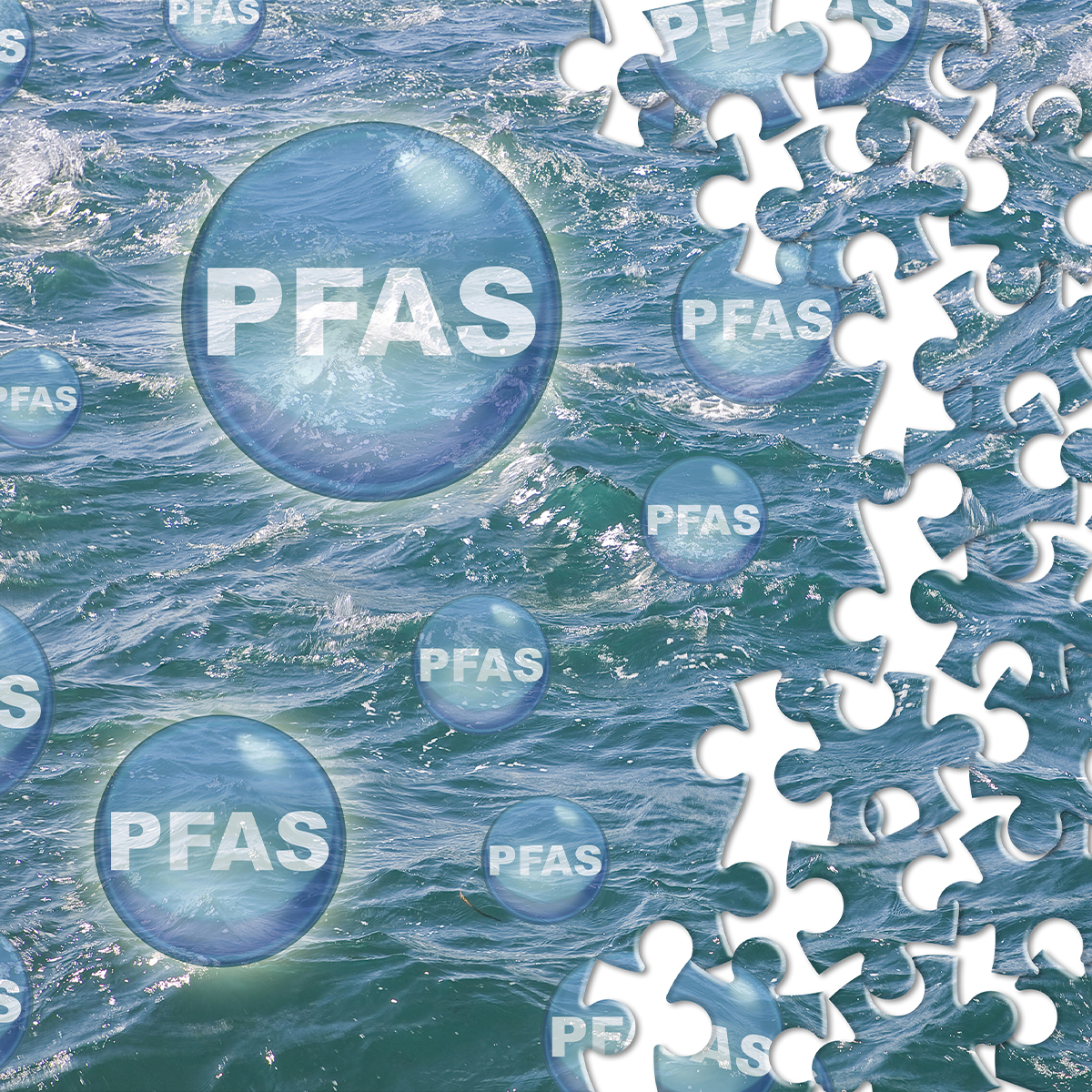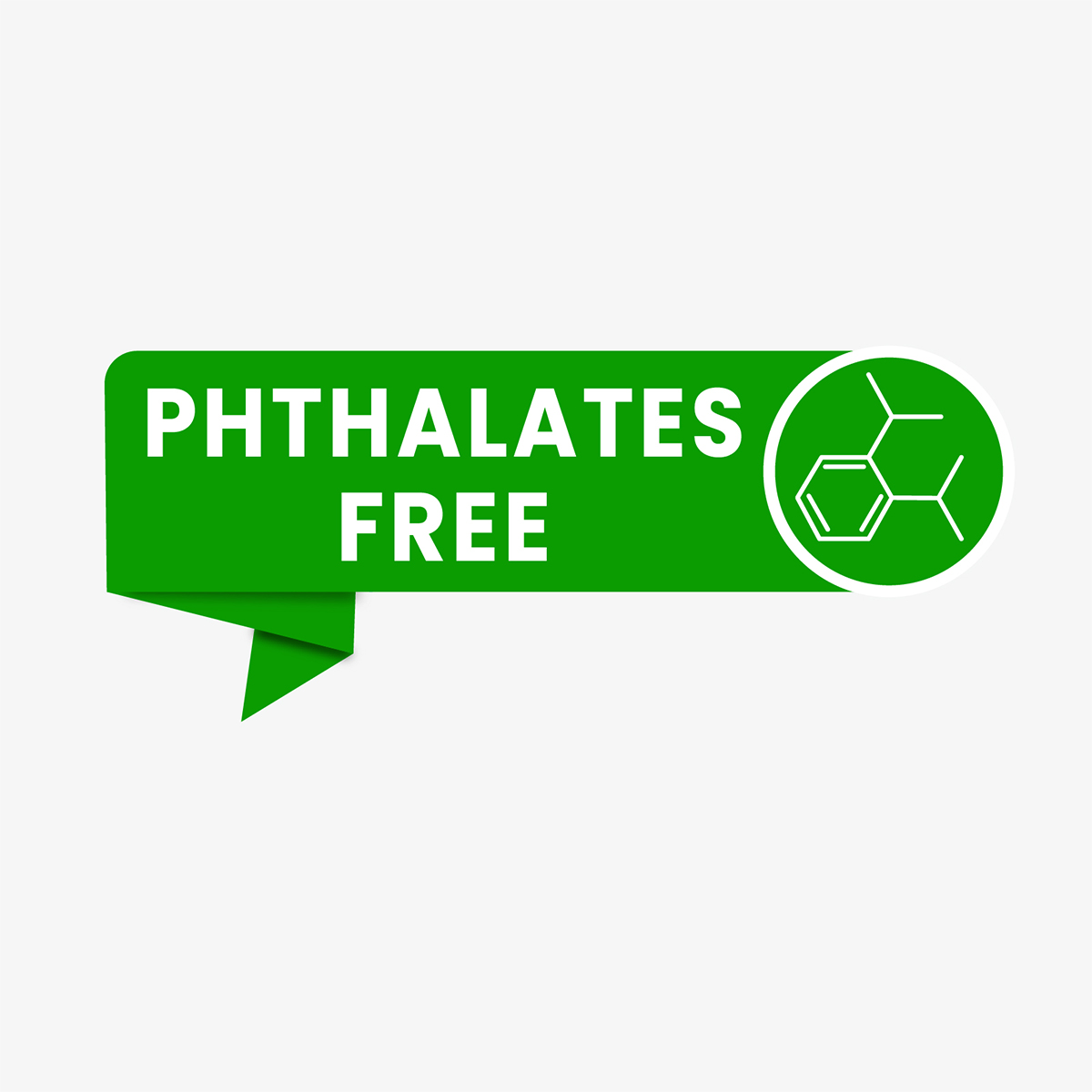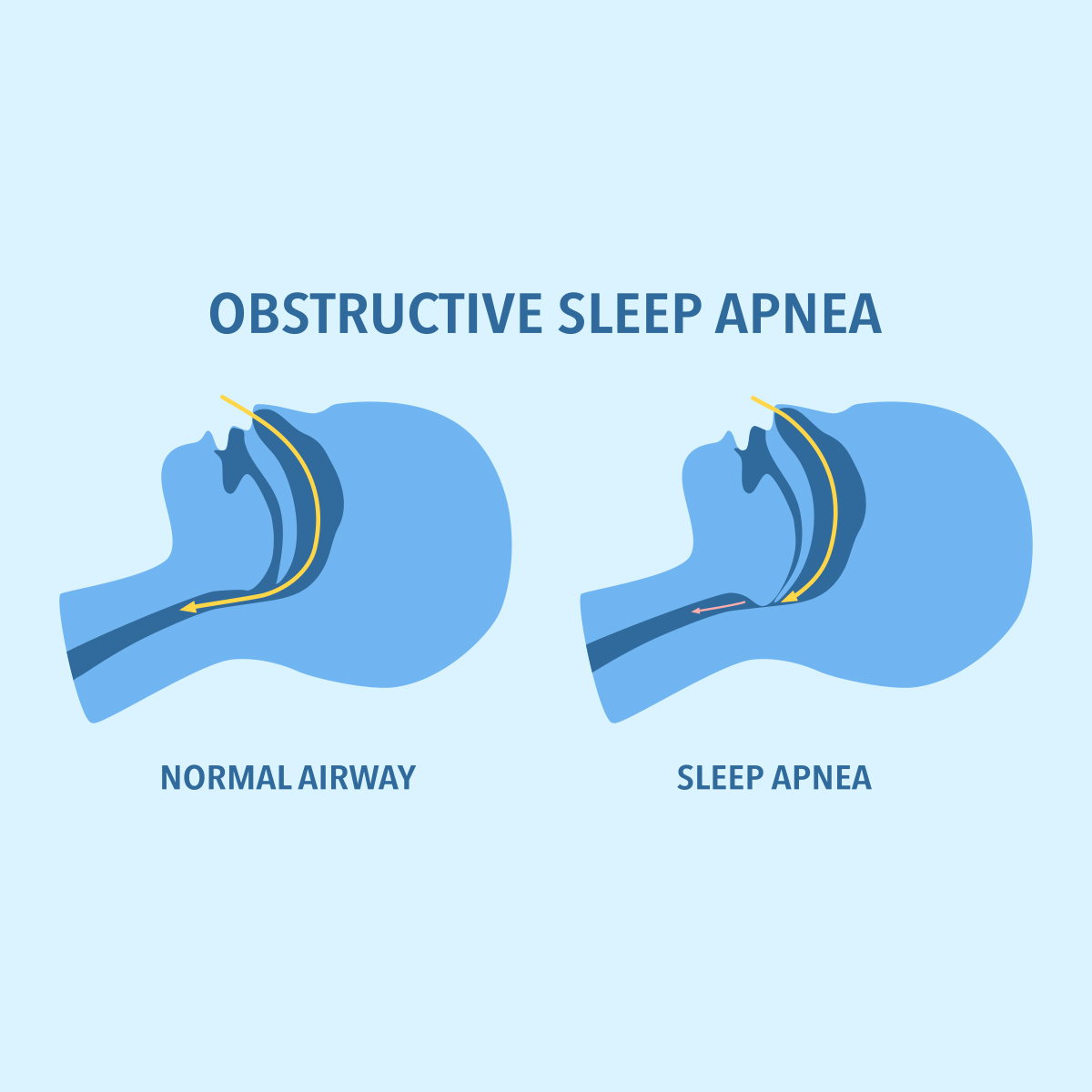-
Property & Casualty
Property & Casualty Overview

Property & Casualty
We offer a full range of reinsurance products and the expertise of our talented reinsurance team.
Expertise
Publication
Structured Settlements – What They Are and Why They Matter
Publication
PFAS Awareness and Concern Continues to Grow. Will the Litigation it Generates Do Likewise?
Publication
“Weather” or Not to Use a Forensic Meteorologist in the Claims Process – It’s Not as Expensive as You Think
Publication
Phthalates – Why Now and Should We Be Worried?
Publication
The Hidden Costs of Convenience – The Impact of Food Delivery Apps on Auto Accidents
Publication
That’s a Robotaxi in Your Rear-View Mirror – What Does This Mean for Insurers? -
Life & Health
Life & Health Overview

Life & Health
We offer a full range of reinsurance products and the expertise of our talented reinsurance team.

Publication
Key Takeaways From Our U.S. Claims Fraud Survey
Publication
Favorite Findings – Behavioral Economics and Insurance
Publication
Individual Life Accelerated Underwriting – Highlights of 2024 U.S. Survey
Publication
Can a Low-Price Strategy be Successful in Today’s Competitive Medicare Supplement Market? U.S. Industry Events
U.S. Industry Events
Publication
The Latest in Obstructive Sleep Apnea -
Knowledge Center
Knowledge Center Overview

Knowledge Center
Our global experts share their insights on insurance industry topics.
Trending Topics -
About Us
About Us OverviewCorporate Information

Meet Gen Re
Gen Re delivers reinsurance solutions to the Life & Health and Property & Casualty insurance industries.
- Careers Careers
The DSM-5 is Revised! Should Insurers Care?

June 30, 2022
Dr. Chris Ball
English
Français
The new American Psychiatric Association’s (APA) “Diagnostic and Statistical Manual (DSM) of Mental Disorders”, Fifth Edition, Text Revision (DSM‑5‑TR) was released in March. It’s been nine years since the publication DSM 5, so an update was overdue.
The APA believes that this is the “most comprehensive, current, and critical resource for clinical practice available to today’s mental health clinicians”.1 The APA Chief Executive Officer and Medical Director opined that it will be “of enormous benefit to practitioners, researchers, academic institutions, and health systems.”2 These are bold claims, but like its predecessor DSM‑5, published in 2013, it is not without its critics.3
The most striking change is the inclusion of prolonged grief disorder4, a condition already included in International Classification of Diseases (ICD)‑115. Described as “timely and important” because of the death toll from the COVID‑19 pandemic, disruption of social rituals, and formal support services for those bereaved,6 the inclusion of prolonged grief disorder has also been described as adding to “confusion and stigmatisation”.7
More generally, there are changes concerning prevalence, risk and prognostic factors, culture-related features and diagnostic markers for most disorders. Equally important are the revisions in language. These are not only technical (e.g., abolition of the term “neuroleptic” to describe anti-psychotic medication) but also recognises that some terminology was outdated, even in DSM‑5.
Intellectual disability becomes intellectual developmental disorder, while conversion disorder is now functional neurological disorder. Other changes such as “desired gender” becoming “experienced gender” and “cross-sex medical procedure” changing to “gender-affirming medical procedure” are small steps in the right direction.
The criteria for a number of disorders have also been updated but the degree to which these will actually impact on clinical practice has yet to become clear.8
Adding suicidal behaviour and non-suicidal self-injury to the “other conditions that might be the focus of clinical attention” chapter is useful. These problems are important in planning management regardless of the presence or absence of a disorder.
Aligning these problems and other disorders with ICD‑10‑CM codes highlights another potential criticism of the text. ICD‑10‑CM stands for “International Classification of Diseases”, 10th Edition, Clinical Modification. These codes are used by U.S. statistical agencies and are mandated by the U.S. Health Care Financing Administration for purposes of reimbursement under the Medicare system.9
Questions of medical hegemony and self-interest are never far away.10 However, they are presented, the ICD and DSM are not pure, disinterested products of science but evolving social constructs born of a mixture of competing forces.
You can understand a psychiatrist being interested in how many angels the APA can dance on the head of any particular pin, but what broader interest is this to insurers?
Perhaps the principal benefit of widely accepted classifications is that they provide a level playing field for insurer and insured. It is helpful to have information on risk and prognosis available in one place and applied to a consistent set of categories. These categories can be used at underwriting to understand the risk profile of the applicant, bring clarity to exclusions when considered, be used to benchmark and audit decisions and provide a common language to understand the longer-term experience of a product. Everyone knows what is being talked about.
As far as claims, being clear what is, and what is not, diagnosable as a mental illness under the terms of the policy is useful in a field where the language is notoriously slippery.11 It helps to understand the claimant’s prognosis and ensure that any risks for chronicity are included in claims tools and/or clearly recognised when these are not in use.
The DSM‑5‑TR makes no claim to be a repository of management guidelines. These will vary from market to market and need to be tailored to the individual claimant, but the DSM can help highlight those areas where dedicated input is required.
The update may bring controversy in some areas, but in many circumstances it could help bring clarity in a complicated world.
Endnotes
- APA – Diagnostic and Statistical Manual of Mental Disorders Fifth Edition Text Revision DSM‑5‑TR (appi.org), https://www.appi.org/Products/DSM-Library/Diagnostic-and-Statistical-Manual-of-Mental-Di-(1)
- Updated DSM‑5 Text Revisions to Be Released in March | Psychiatric News (psychiatryonline.org), https://psychnews.psychiatryonline.org/doi/10.1176/appi.pn.2022.1.20
- Have Psychiatrists Learnt to Think Yet? DSM‑5 and Medicalising of Everyday Life https://www.genre.com/knowledge/publications/2014/january/uwfocus13-2-ball-en
DSM‑5-TR…Already? (psychiatrictimes.com), https://www.psychiatrictimes.com/view/dsm-5-tr-already-
DSM‑5 Update: What’s New? (medscape.com), https://www.medscape.com/viewarticle/969662?spon=12&uac=117244AK&impID=4063880&sso=true&faf=1&src=WNL_mdpls_220304_mscpedit_psych - Updated DSM‑5 Text Revisions to Be Released in March | Psychiatric News (psychiatryonline.org), https://psychnews.psychiatryonline.org/doi/10.1176/appi.pn.2022.1.20
- Content overlap analyses of ICD‑11 and DSM‑5 prolonged grief disorder and prior criteria-sets — de research portal van de Rijksuniversiteit Groningen (rug.nl), https://research.rug.nl/nl/publications/content-overlap-analyses-of-icd-11-and-dsm-5-prolonged-grief-diso
- Prolonged Grief Disorder Diagnostic Criteria—Helping Those With Maladaptive Grief Responses | Depressive Disorders | JAMA Psychiatry | JAMA Network, https://jamanetwork.com/journals/jamapsychiatry/article-abstract/2788766
- DSM‑5 Update: What’s New? (medscape.com), https://www.medscape.com/viewarticle/969662?spon=12&uac=117244AK&impID=4063880&sso=true&faf=1&src=WNL_mdpls_220304_mscpedit_psych#vp_2
- Updated DSM‑5 Text Revisions to Be Released in March | Psychiatric News (psychiatryonline.org), https://psychnews.psychiatryonline.org/doi/10.1176/appi.pn.2022.1.20
- Facts About DSM‑5‑TR | Psychiatric News (psychiatryonline.org), https://psychnews.psychiatryonline.org/doi/10.1176/appi.pn.2022.03.3.28
- Biomedical Hegemony: A Critical Perspective on the Cultural Imperialism of Modern Biomedical Perspectives on Human Life | Euroacademia, http://euroacademia.eu/presentation/biomedical-hegemony-a-critical-perspective-on-the-cultural-imperialism-of-modern-biomedical-perspectives-on-human-life/
- Why the language we use to describe mental health matters | Mental Health Foundation, https://www.mentalhealth.org.uk/blog/why-language-we-use-describe-mental-health-matters
All endnotes last accessed on 20 June 2022.





